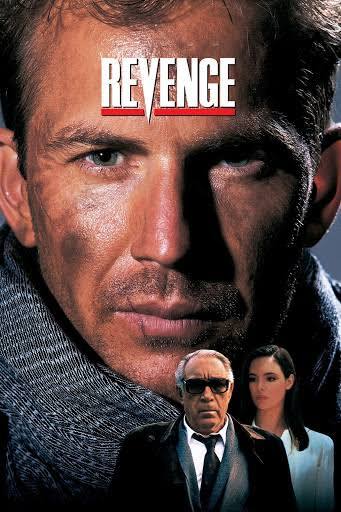What do you think?
Rate this book


288 pages, Paperback
First published January 1, 1979








Susannah led Tristan to the master bedroom to avoid any intrusion by the maids. At first she was cool and demanding, asking that Tristan meet her in Paris by the middle of October. He refused, saying that the time was not yet appropriate. She became hysterical and he offered the following spring as a compromise beyond which she could not go. Then there was a long unbearably painful silence at the end of which he recognized again the signs of her impending madness. He forestalled it by drawing her near to him and assuring her that by the following May he would be ready. She shuddered in his arms and as he gazed over her shoulder Alfred walked into the room…